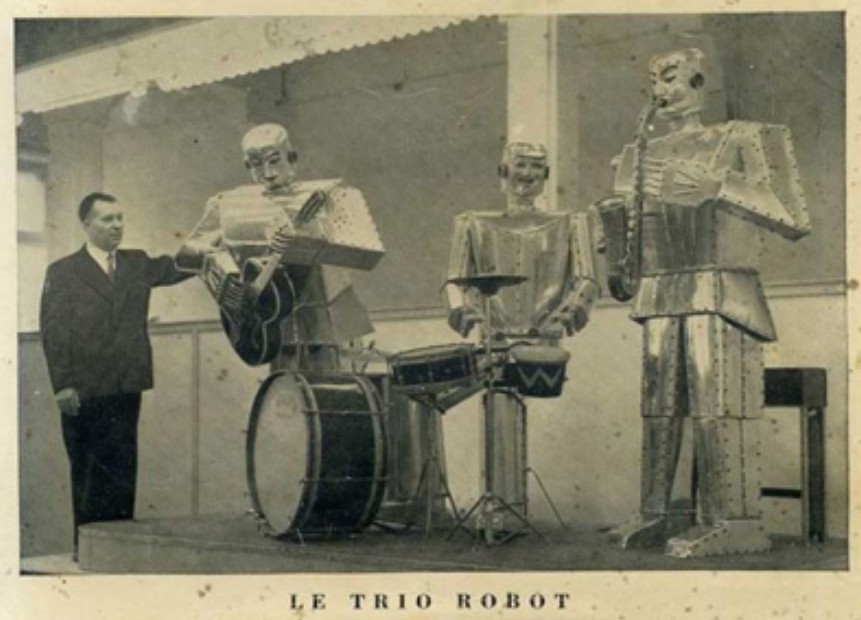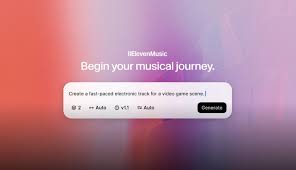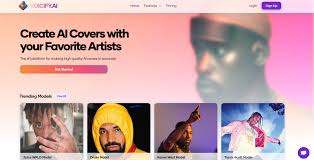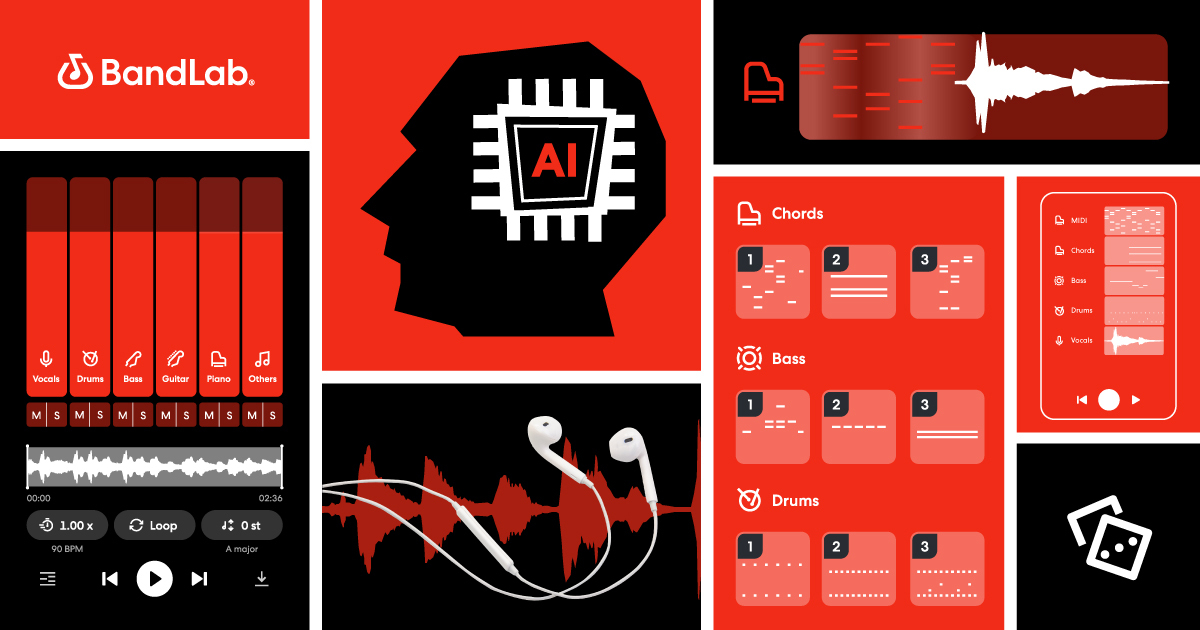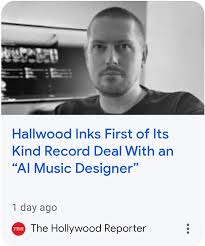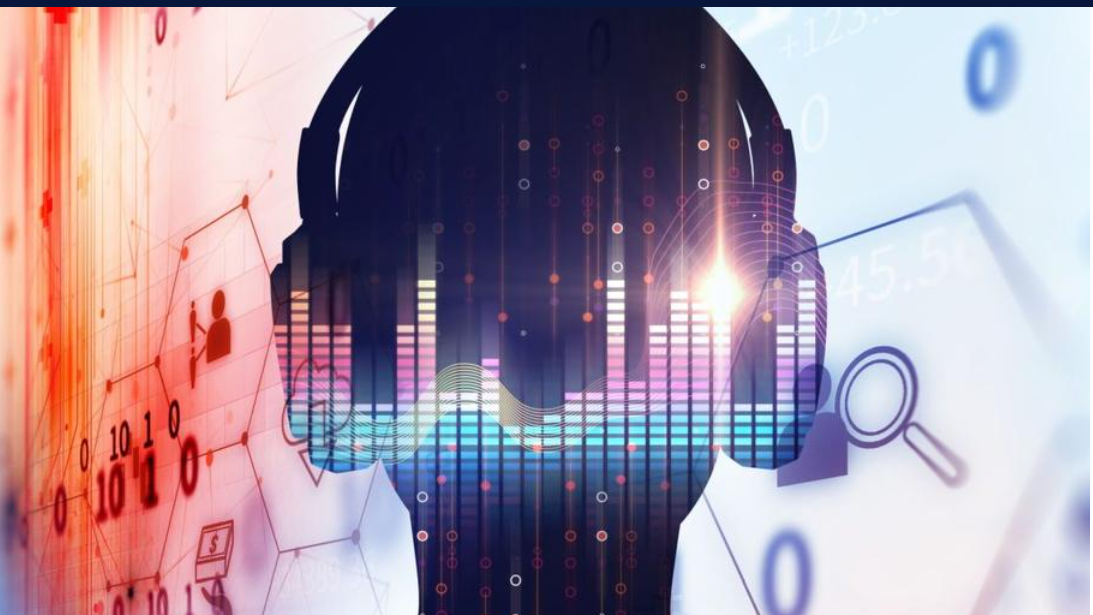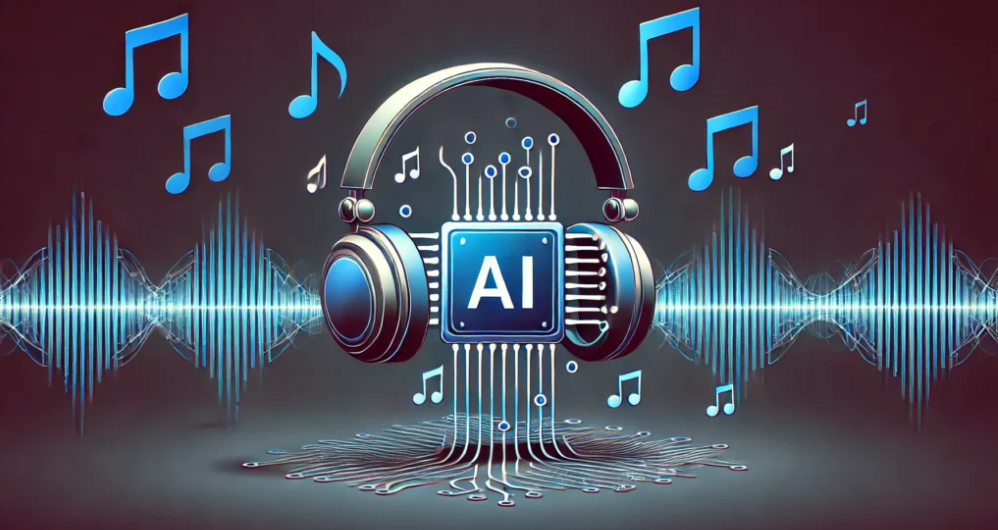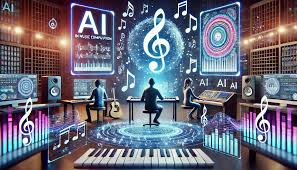The rise of AI-generated music has taken the industry by storm, but not everyone is on board. In a bold move that sets it apart from mainstream platforms, ROKK, a dedicated rock and metal streaming service, has announced it will not allow fully AI-generated music on its platform.
This announcement has sparked debate—raising questions about authenticity, artistic integrity, and the role of AI in music creation. But for ROKK, the message is simple: real music should be made by real artists.
Let’s break down what this policy means, why it matters, and how it could reshape the streaming experience for fans and creators alike.
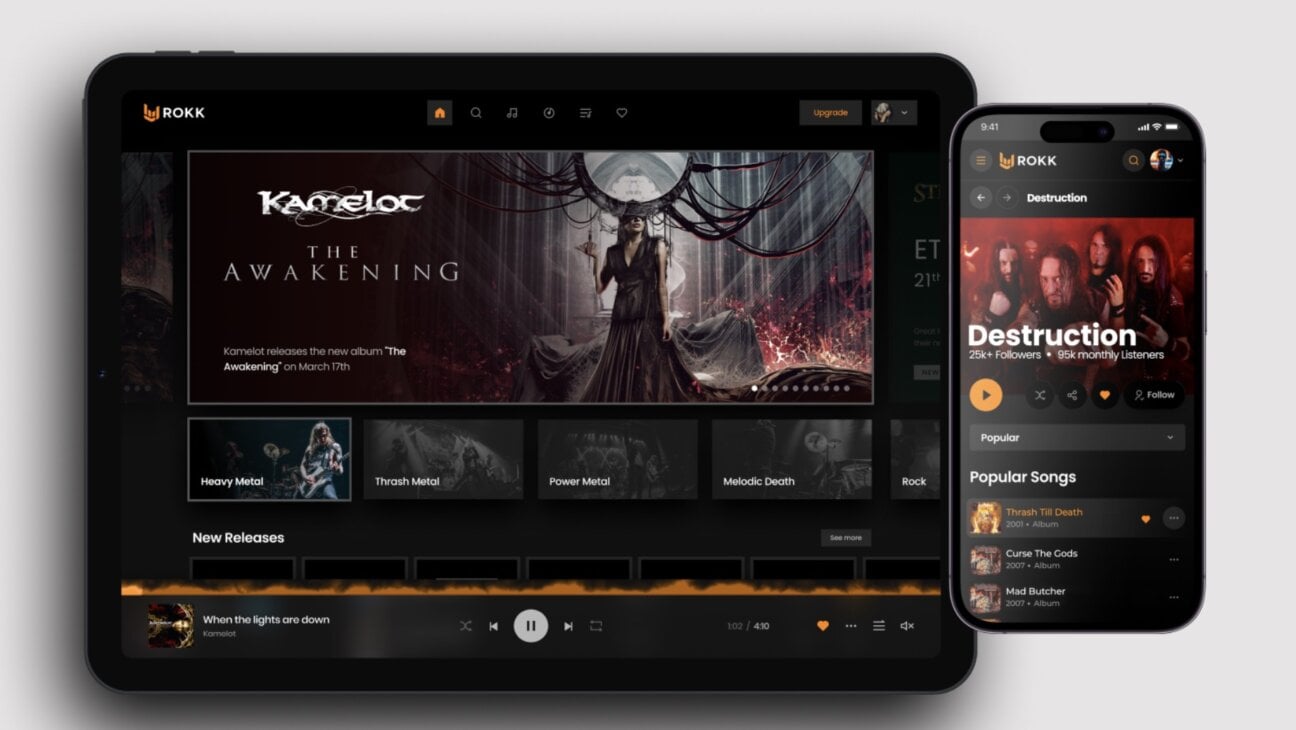
What Is ROKK and Why This Policy Stands Out
ROKK is a rock and metal-focused music streaming platform that was created to give fans of heavier genres a curated, community-driven experience. Unlike Spotify or Apple Music, which rely on algorithmic playlists and open-upload models, ROKK places a premium on genre integrity and artist-first values.
Their latest policy prohibits fully AI-generated music, meaning no music on the platform can be composed, arranged, and performed entirely by artificial intelligence.
“We believe in the soul of rock music,” says ROKK founder Alexander Landenburg. “There’s a human story behind every riff, every scream, and every drum solo. AI can’t replicate that.”
What Does “No Fully AI-Generated Music” Actually Mean?
Under ROKK’s new guidelines, music must involve substantial human authorship. This includes:
Songs composed by real musicians, even if assisted by AI tools
Tracks that include human vocals, instrumentation, or mixing
Content where AI is used as a tool—not the sole creator
On the flip side, tracks that are 100% AI-generated, such as those by virtual bands like The Velvet Sundown, will not be allowed.
ROKK staff will vet reported content, and if a song is confirmed to be fully AI-generated, it will be removed. The platform also invites listeners to flag suspicious uploads.
Why This Matters for the Future of Streaming
With platforms like Spotify seeing a surge in AI-generated content (Deezer estimates 18% of uploads are fully AI-made), there’s growing concern over authenticity, royalties, and listener trust. Fake artists have racked up millions of streams, taking playlist spots—and potential income—away from real musicians.
ROKK’s position is part of a growing resistance in the industry:
Deezer now labels AI-generated tracks
South Korea’s KOMCA bans AI music from copyright registration
YouTube and Meta are developing content recognition tools to track synthetic content
By banning fully AI-generated music, ROKK isn’t just making a statement—they’re building trust with fans and creating a space where music means something more than just sound.
The Velvet Sundown Controversy: A Wake-Up Call?
One key case behind ROKK’s move is The Velvet Sundown, an AI-generated band with over 1.1 million monthly listeners on Spotify. The act was created using generative tools to produce vocals, lyrics, instrumentals, and even press photos—without any human musician involved.
Many fans were shocked to discover the band wasn’t real. And more importantly, real musicians were outraged to see AI bots competing on editorial playlists.
ROKK's policy is a direct response to this growing manipulation in streaming ecosystems.
The AI Music Line: Tool vs. Replacement
There’s a difference between using AI as a creative assistant versus replacing the human entirely. Most artists today use technology—DAWs, auto-tune, drum machines, even lyric generators. That’s not the problem.
The problem, according to ROKK, is when AI becomes the artist.
By drawing this line, ROKK supports innovation but defends the core principle of human-driven art. It’s not anti-technology—it’s pro-authenticity.
What This Means for Independent Rock and Metal Artists
For many independent musicians, the flood of AI music is more than just annoying—it’s economically damaging.
Playlist spots are finite. AI tracks can flood submission systems, making it harder for real musicians to be discovered.
Streaming royalties get diluted. If AI-generated tracks consume 10–20% of stream share, real artists earn less.
Audience trust breaks down. Fans may stop caring if they can’t tell what’s real.
By keeping AI-only content off its platform, ROKK gives indie musicians a fairer playing field—and fans a reason to trust what they’re hearing.
Could This Push Other Platforms to Act?
ROKK may be a niche service, but its bold move could inspire larger platforms to rethink their stance.
Spotify has faced criticism for allowing massive amounts of AI content with little transparency
Apple Music has no public stance on AI composition
Bandcamp, beloved by indie artists, still allows AI uploads with no clear labeling
If fan backlash grows, especially in genre communities like metal and punk, platforms may be forced to adopt labeling systems, stricter moderation, or artist verification tools.
FAQs About ROKK’s AI Music Ban
Can artists use AI tools to help create their music on ROKK?
Yes—as long as the final work is largely human-made. AI-assisted composition or mixing is fine.
What happens if a song is flagged as AI-generated?
ROKK staff will manually review it. If confirmed to be fully AI-made, it will be taken down.
Does this mean ROKK is anti-technology?
No. ROKK supports innovation—but not total AI replacement of musicians.
How can I tell if a song is AI-generated?
It’s not always obvious. But unusual patterns in vocals, generic lyrics, or a lack of artist background are red flags.
Final Thoughts: ROKK Sets the Standard for Artist-First Streaming
As the music industry grapples with a new wave of AI-driven creation, ROKK’s firm policy sends a clear message: human creativity still matters. For fans of rock and metal—genres built on passion, rebellion, and soul—this commitment is more than symbolic.
By choosing to draw the line against fully AI-generated music, ROKK reaffirms its values: authenticity, fairness, and trust. And for many artists and fans, that’s exactly what the future of streaming should sound like.
Learn more about AI MUSIC

